As consumers shift toward more environmentally responsible habits, more brands are taking notice and pledging the same commitment to sustainability. To demonstrate this commitment, many brands utilize green marketing strategies in their business and social practices.
Green marketing helps brands communicate the environmentally responsible choices they make, to win brand reputation and loyalty from conscious consumers.
The Difference Between Green Marketing and Greenwashing
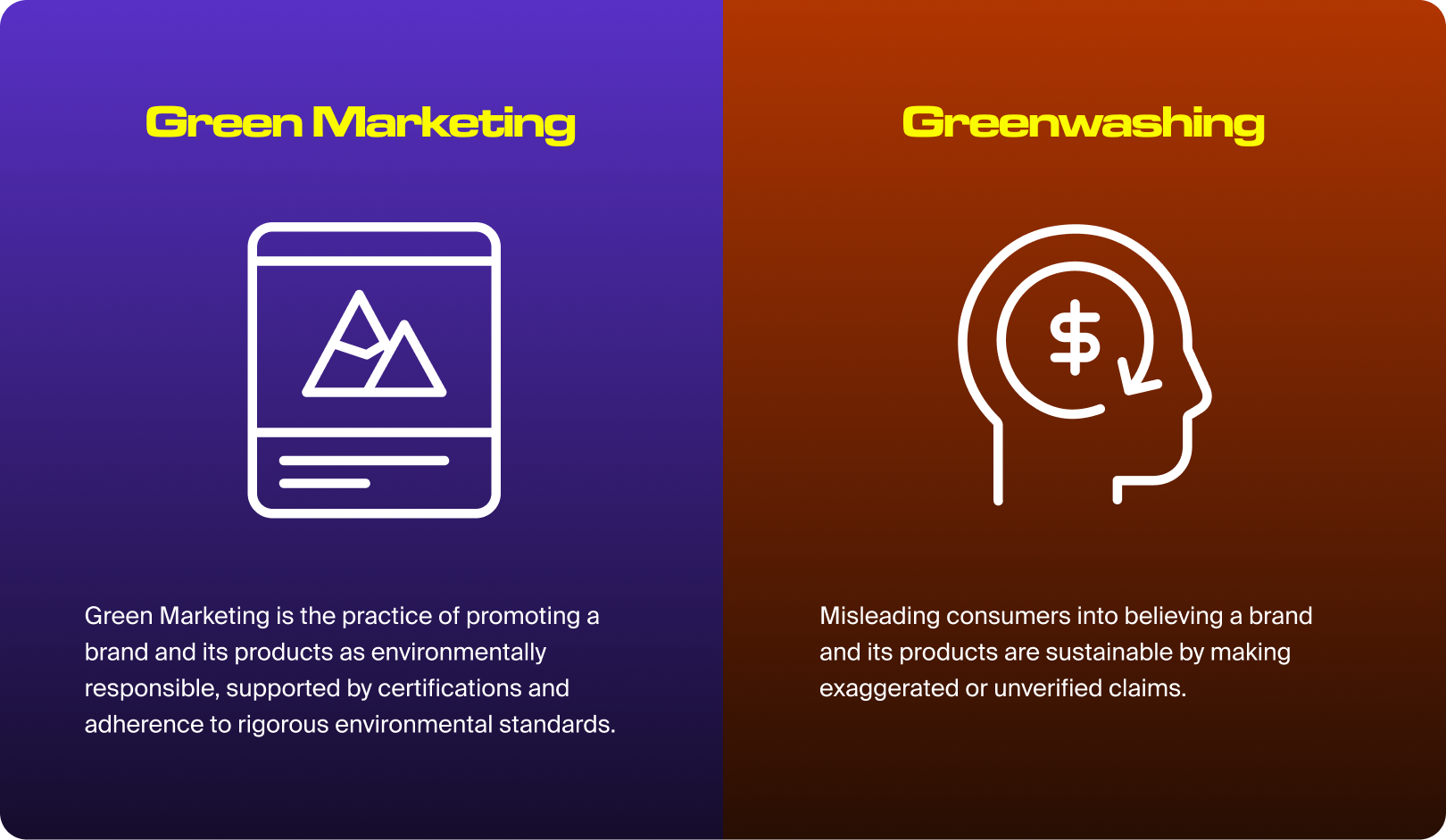
Green Marketing is the practice of promoting a brand and its products as environmentally responsible, supported by certifications and adherence to rigorous environmental standards. Green brands are committed to creating products and services that are better for people and the planet. Many companies also pledge to reduce their environmental impact with their business practices, and some even donate a percentage of their sales to non-profits and environmental initiatives.
Greenwashing is the practice of misleading consumers into believing a brand and its products are sustainable. Brands accused of greenwashing often make claims about their products and business practices that are exaggerated or unverified.
Green packaging and terms like eco-friendly or all-natural are common tactics used by brands to greenwash their products. However, greenwashing can often be more subtle, meaning consumers need to do more research to uncover a brand’s true practices.
Harmless Harvest, a popular brand selling coconut-based products, labeled their coconut water as “100% Organic” and “Raw” when this claim was falsely verified. The company purchased green-washed coconuts from suppliers who verified they were organic when they weren’t. This practice led to Harmless Harvest selling coconut products labeled organic and made from a majority of non-organic coconuts.
Harmless Harvest has since removed “Raw” and “100% Organic” from their packaging and pledged a commitment to sourcing high-quality coconuts in their products to uphold the standard and message of their brand.
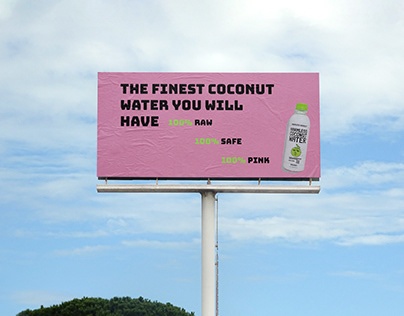
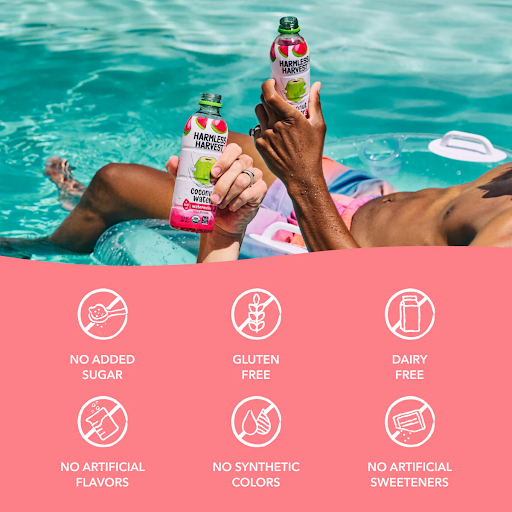
Need to go green with your marketing strategy?
What Does It Mean to Be a Certified B Corp?
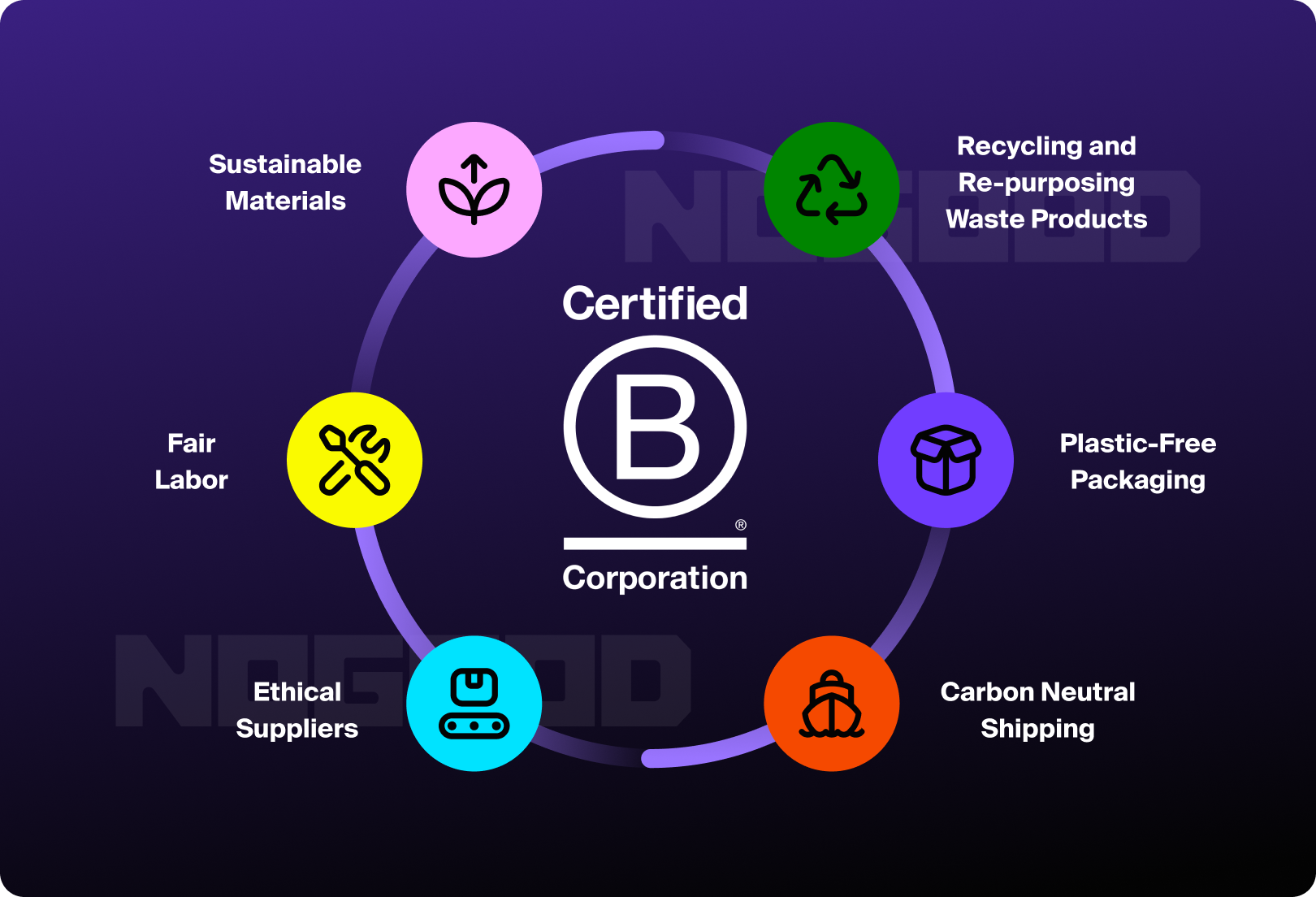
B Corporations are trusted by consumers as they are held to a strict standard of environmental and social practices to maintain their certification. B Corps are certified by B Labs based on strict criteria of five areas of environmental performance and public transparency: governance, workers, customers, community, and environment.
Once a company is certified, they get the certification emblem for their branding materials and can then advertise themselves as a B Corp to consumers.
Popular snack food brand Dang Foods is a certified B Corp creating high-quality products with aesthetic packaging. One of their most popular products is coconut chips, made from ethically sourced coconuts (i.e no monkey labor), and they use all parts of the coconut to eliminate food waste.
Finding the Green Marketing Target Audience
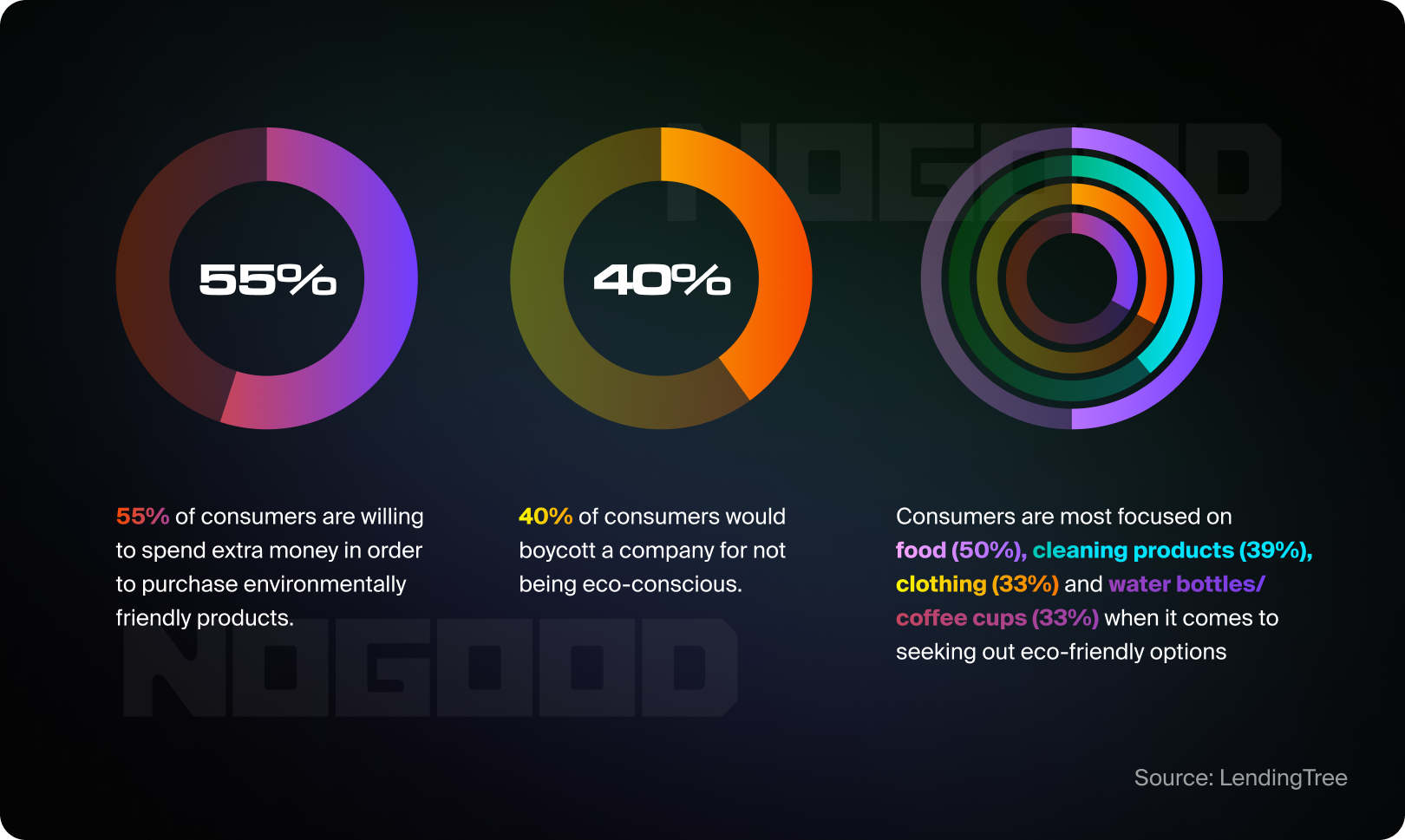
A LendingTree study found that Gen Z and Millenials were the most likely to boycott a company for not being green. Millennials and those with household incomes over 100k were most likely. Many Gen Z and Millennials see protecting the environment as one of the most critical issues of today’s society.
55% of respondents said they would be willing to spend more money on eco-friendly products, with food, clothing, water bottles, and clean cosmetics being the most popular catagories for green shoppers.
How Brands Can Benefit from Going Green
Brand Reputation
Consumers care more and more about making environmentally responsible choices. Roughly 40% of consumers are willing to boycott a company for not being environmentally conscious. Brands that share the same commitment to environmental responsibility in their business practices win the trust of green consumers.
Competitive Advantage
Green products and services set brands apart from the competition by offering consumers a safer, more responsible option for products they already buy. A product that is one of the few eco-friendly options for its niche will stand out as a clear choice for conscious consumers.
Higher Revenue
Many environmentally responsible consumers are willing to pay more for green products, which helps your brand in more ways than one. You can charge a higher price for your product because eco-friendly products require more research, innovation, and commitment to produce, but you can also save on production costs by implementing sustainable practices like repurposing waste or leftover products and using energy-efficient machinery.
7 Green Marketing Strategies to Elevate Your Brand
Implement Sustainable Practices
The most recognizable value proposition for green brands is sustainable business practices. Consumers notice when a brand shows a commitment to reducing carbon footprint with their shipping practices and offers plastic-neutral packaging—bonus points for brands that minimize their environmental impact by using non-toxic and biodegradable materials. Small changes in business practices can positively change your brand reputation and ecological impact.
- Offset your carbon emissions through carbon-neutral shipping and packaging
- Find ways to repurpose waste or byproducts from production
- Go plastic-neutral with your product packaging and shipping materials
- Avoid using materials that are toxic or require unethical labor practices
- Use recycled materials when creating new products
- Source raw materials from ethical and sustainable sources
Consumer Education
Educating consumers about their consumption habits and environmental impact can help encourage them to make more responsible choices. Through your packaging, website, and social posts, you can educate your target audience about environmental factors that impact your industry and explain how your product differs. This practice can set you apart from your competition by teaching your customers about harmful materials or practices to watch out for when shopping for products like yours.
- Add a landing page dedicated to environmental education to your website
- Create social media posts highlighting your sustainable practices
- Educate your audience about sustainable and ethical practices and issues in your industry to help them make informed purchasing decisions
Support Environmental Projects or Initiatives
Brands that pledge support to environmental causes are viewed more favorably by consumers. Green shoppers who pledge this commitment through their consumption habits want to see the same commitment from the brands they purchase from. Donating a percentage of sales or participating in an environmental project is a great way to show your target customer you care.
Patagonia’s founder created 1% For The Planet, a nonprofit organization that helps businesses donate 1% of their sales to environmental causes. The brand encourages other businesses to join the 1% For the Planet movement and provides a badge for those who pledge support.
Develop a “Take-back” Program
Creating a program to repurpose or recycle old products can set a brand apart from the competition by demonstrating its commitment to saving waste from landfills and using natural resources responsibly.
Vivobarefoot, a minimalist footwear brand, will take back used shoes and either refurbish them for its Revivo program or recycle them, saving them from ending up in landfills.
Get Certified
Certifications like B Corp, Fair Trade, and Rainforest Alliance Certified tell customers you are committed to environmental sustainability and ethical practices. Consumers understand that companies with these certifications must adhere to the rigorous guidelines of the organization awarding the certification, so they are comfortable placing more trust in them.
Why Green Marketing Is Challenging
Environmentally conscious practices are often more costly than traditional business practices like production, shipping, and supply chain management. These costs are often passed on to the consumer, making sustainable products and services more expensive. A more expensive product means brands must work harder to justify its value to customers.
Greenwashing can make it more difficult for genuine brands to gain consumer trust. When brands make exaggerated or false claims, it can cause mistrust in other brands in the same niche.
Brands should be honest and transparent about their practices and promote a more sustainable future by encouraging consumers to make responsible choices. Exaggerating environmental practices and sustainability claims that cannot be verified through certifications and studies can hurt your brand’s reputation.
If you need help creating a green marketing campaign, our growth experts can help. Talk to us.






